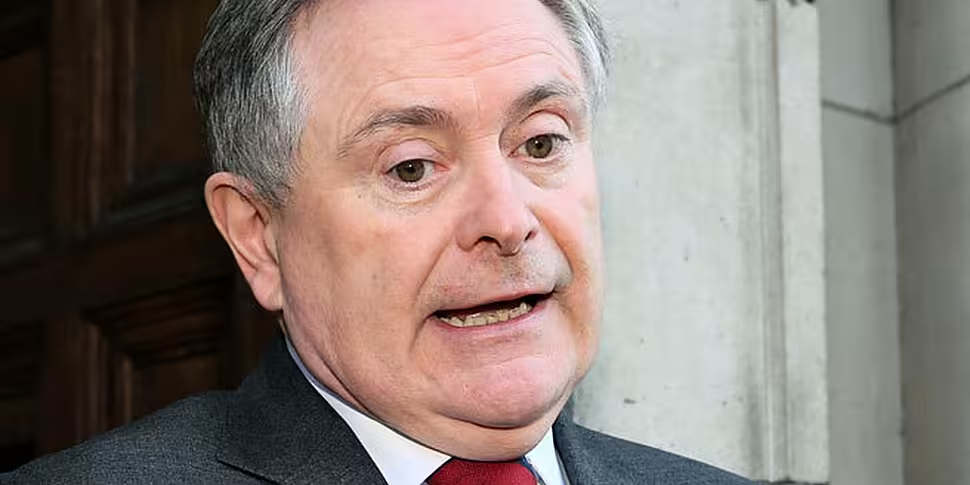The public expenditure minister says reform has been "hard-wired" into the public sector - and can't be undone by new pay talks.
“Just as every progressive private sector company will look for innovation, efficiency and doing things better,” Mr Howlin said, “so will the public services," he added.
But he says the public services will be expected to keep making improvements – “not just in the period of crisis, but forever”.
Mr Howlin was taking questions in the Dáil this afternoon as officials begin talks with unions on plans for a new public pay deal.
He says he'll still expect the public sector to become more efficient in whatever areas it can.
“The more efficient we become the more resources I can re-deploy in providing crucial services,” he said.
Today public sector unions said the government owes them money, and they are ready to hear how much.
Pay talks took place in Dublin this afternoon, adjourning after 15 minutes.
Public Expenditure Minister Brendan Howlin has said any increases will have to be realistic.
General-secretary of the Irish Nurses and Midwives Organisation (INMO), Liam Doran, says productivity has been increased and now the government must pay up.
While Minister Howlin has lashed out at Fianna Fáil, accusing them of trying to take credit for the economic recovery.
Fianna Fáil has highlighted how it was responsible for the original Croke Park agreement on public pay, which helped Ireland to overcome the crisis.
TD Sean Fleming told the Dáil that the government had fundamentally followed Fianna Fáil policies while in office itself.
But Mr Howlin says that is far from the case - and he will not give Fianna Fáil credit for it.
Earlier, the Taoiseach warned the coalition does not have a blank cheque for the pay talks.
On his way into Cabinet this morning, Enda Kenny said further reforms in the service are needed.
Meanwhile, a number of business lobby groups have said it is too soon for the government to be looking at increasing public sector pay.
ISME has warned the outcome of talks that happen just months from an election could be seen as a return to auction politics.
There has also been a warning from the European Commission for Ireland to be prudent.
Concern centres around our high levels of public debt.









